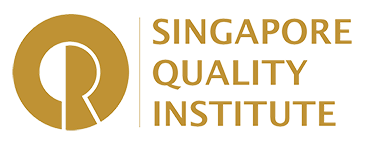
- Quality Tools & Techniques
- 14 hours
Introduction
This interactive course will enable the participants to:
- Understand the principle and concept of SPC, and correctly apply this methodology for use in their own working environment.
- Apply a structural approach to any improvements and problem solving processes and formalises the mental discipline during these processes.
- Outlines the SPC philosophy, implementation strategies, tools and techniques and describes the provisions for implementing an SPC system in the manufacturing industry.
Duration
2 days | 9am – 5pm | 14 hours
Who Should Attend
Anyone involved in maintenance, marketing, design, and process control and improvement activities and also particularly for individual that is responsible for planning, developing or managing a quality system to satisfy the ISO 9001 or IATF 16949 quality system requirements.
Course Fees
Member Fee: $529.52
Non-Member Fee: $586.42
SDF funding & Skills Future applicable
All fees stated are inclusive of Registration Fee and 9% GST.
Award of Certificate
Certificate of Completion will be issued to participants who have attended at least 75% of the course.
Course Content
-
CHAPTER 1: FUNDAMENTALS OF STATISTICAL THINKING
- The role of statistics in quality improvement
- Core fundamentals of statistical thinking • Binomial distribution • Poison distribution • Normal distribution
- Data based decision – making • Data type (variable and attribute) • Stratification in data analysis • Population Vs Samples
-
CHAPTER 2: DATA TO INFORMATION
- How to collect data
- Check Sheet
- Central tendency and dispersion
- Measure of variability (Range & Sigma calculations)
- Applications
-
CHAPTER 3: PROCESS CONTROL CHARTS
- Process Variations Concepts
- Control chart for variables (X bar – R Chart)
- Control chart for attributes (p chart, np chart, c chart, u chart)
- Cases of Variation (Common & Special)
- Trends and Patters interpretation of Control Charts
- Application of Control Charts
-
CHAPTER 4: PROCESS CAPABILITY
- What is process capability analysis
- Definition of CP (Capability Ration)
- Definition & Interpretation of CPK
- Applications of process Capability






